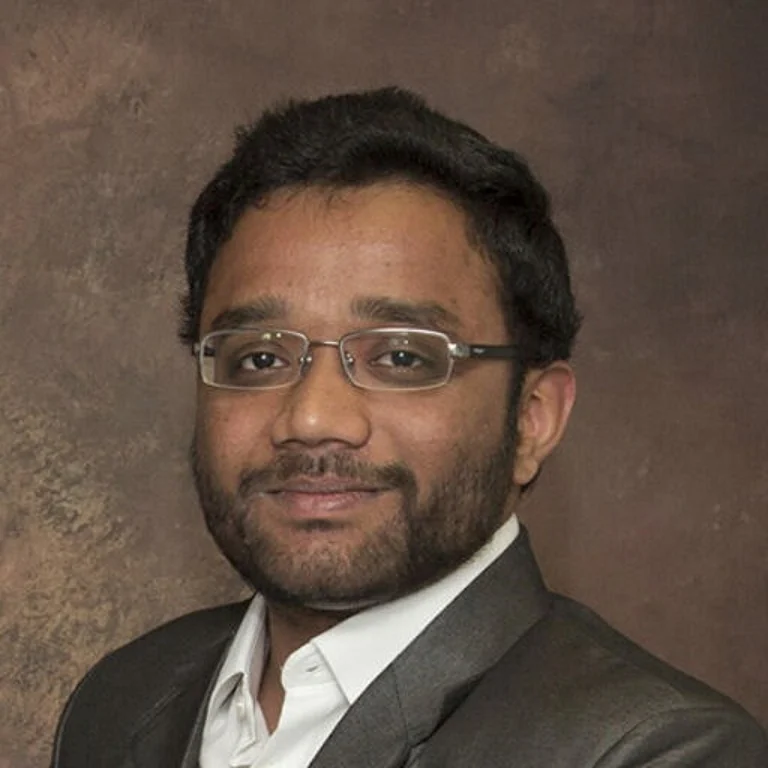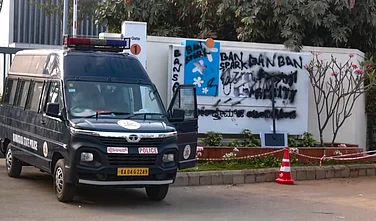Ever since I wrote an editorial condemning and condoling the death of Stan Swamy in State custody last week, I have been flooded with feedback. While some agreed that the death of the ailing 84-year-old tribal activist amounted to institutional murder, a sizeable section disagreed. They were vociferously and intemperately critical of what I wrote, dismissing me derisively from being a closet Communist to a Maoist conspirator—a kind of Urban Naxal.
The response highlighted how divided the country has become, and possibly how devoid of compassion many of our citizens are blinded by their political ideologies. The arrest of an octogenarian suffering from Parkinson’s disease under normal circumstances ought to have moved our conscience. What followed Swamy’s arrest—his long incarceration and inability to get even medical bail despite knocking on the doors of the judiciary repeatedly even as his health deteriorated alarmingly—should have touched a chord with any conscientious human being. The injustices heaped on Swamy was simply astounding. Arrested in connection with the Bhima Koregaon case, the NIA did not interrogate him once. But that did not deter them from pressing for his imprisonment. And while he rotted behind bars, the court case made little progress. He was left to die.
Naturally, we were outraged. Even many of the newspapers that are normally muted in criticism of those in power were moved. They denounced Swamy’s death. One said it was murder most foul. Others said the death diminished our judiciary that failed to come to his rescue despite his desperate pleas for help. But going by the vitriolic response that I drew, I cannot say everyone agreed with what otherwise would be considered a civilised response. Like several politicians and supporters of the ruling dispensation who rejoiced at Swamy’s passing—such as Kapil Mishra who regretted on Twitter that the activist had died in hospital and not in jail—they mostly condoned his death.
It did not matter that the charges against Swamy were unproven and that he was not a convict. For most of them, Swamy was guilty, and he was a Marxist sympathiser. In feedback that I received, they argued that he endorsed the terrorist attacks on our security forces and, therefore, had blood on his hands. They were unequivocally unanimous in Swamy’s denunciation and saw the soft-spoken tribal welfare crusader as an enemy combatant. In their eyes, he was a legitimate target and his death in custody was totally legal.
The arguments being so warped, it was pointless to debate them, and I did not. Those defending the death were not ready to contemplate even basics such as those charged in the Bhima Koregaon case have been languishing behind bars for years without a proper trial. The case has dragged on with none of the charges proven yet. Furthermore, the charges brought against them now look suspect with suggestions of evidence tampering. There is, in fact, a body of evidence that suggests that computers of some of them were tampered with and incriminating documents planted.
That our investigating agencies have a poor track record of successfully prosecuting people they charge with heinous crimes, including sedition, have also not been a deterrent for those noisily defending Swamy’s death. Assamese activist Akhil Gogoi was freed from jail recently after the courts threw out the UAPA case against him. Gogoi had already spent more than a year in jail by then. Swamy unfortunately did not have time on his side to clear his name. Infirm and ailing, he struggled to survive in jail and had to fight for such small mercies such as a straw and sipper to drink with his trembling hands. He then contracted Covid and died of resultant complications.
Sadly, the grisly circumstances of his death didn’t silence those who support the heavy-handed measures of the State. Bereft of any contrition, they continue to rationalise it by taking recourse to whataboutery. One among the many who wrote to me an angry response asked why Swamy didn't condemn the killings of CRPF jawans by Maoists in Chhattisgarh. Another questioned our purported silence during the massacre in China’s Tiananmen Square of 1989.
But the most telling response was from someone who wasn’t a stranger. Friends on Facebook, he questioned my outrage over what happened to Swamy and asked: By the way, who is he? Though I replied he was a human being, I am not sure my reply helped in convincing him about the injustice done to Swamy. He stayed quiet. But his silence convinced me that it is humanity that is in peril in this country.


























